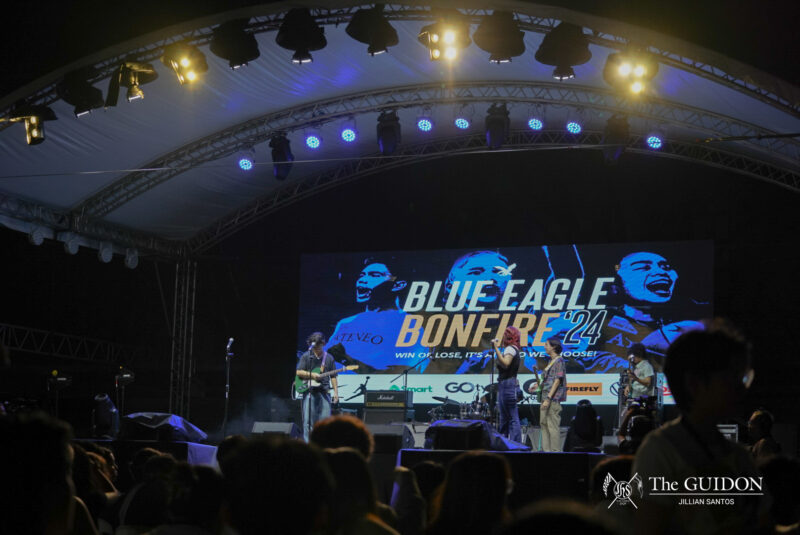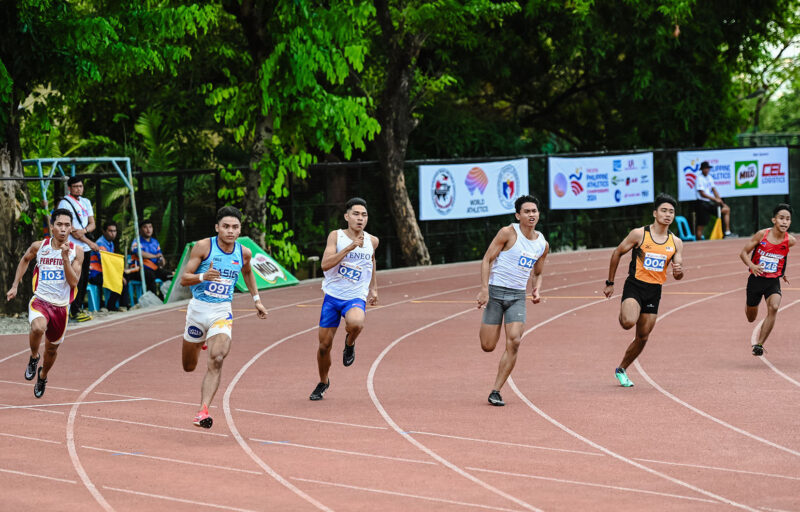FROM OVER 100 police generals, only one can take the Philippine National Police’s (PNP) chain of command. This year in November, after being scrutinized under the general criteria based on merit, reputation, and seniority, Police General Dionardo B. Carlos was appointed as the PNP’s chief over two more senior officers than him.
While it may be argued that merit and reputation might have weighed more in this appointment, seniority has seemingly been considered inconsistently. Besides this issue, the actual consideration of seniority in the appointment of PNP chiefs ostensibly leaves younger yet brilliant police personnel out of the radar.
Screening the fittest
In the PNP, only around 147 out of the organization’s 218,442 police personnel are police generals, said Deputy Director of the Center for Police Strategy Management Police Colonel Victor V. Arevalo. These senior officers, furthermore, are filtered for the highest position of the PNP as they are evaluated multiple times until the National Police Commission formulates a shortlist.
Seeing how these decisions unfold, Arevalo noted that choosing the next PNP chief among a multitude of capable and reliable police generals must have been complicated. These police general candidates have decades-worth of experience, but once they root for the chief position, appointment decisions remain muddled with inconsistencies. Although the Department of the Interior and Local Government Secretary Eduardo Año has publicly shared the standard they follow, not even the Republic Act (R.A.) 6975—which created the PNP—contains such criteria.
Wanting formalized criteria can then lead to unexpected selections, such as Senator Bato Dela Rosa’s PNP chief appointment in 2016 which surpassed senior police generals from three Philippine Military Academy (PMA) classes. At the time, however, Camp Crame members understood the appointment. Reports said that Dela Rosa’s appointment was largely due to President Rodrigo Duterte’s unfamiliarity with other PNP generals early in his term in office.
While Carlos’ case is seemingly similar to Dela Rosa’s, Arevalo said, “General Carlos is the youngest among the three [generals], and among the considerations, in my take, [is the] upcoming big event, the national and local elections.”
He also noted that Cruz and Dickson—the other two candidates for the position—were retiring around March 2022, which could have posed a challenge to the PNP’s elections-related preparations had their terms been cut midway. On the other hand, Carlos’ retirement is set in May, giving enough time for the national democratic event.
Age of majority
Looking at the past, PNP chiefs serving for merely a year—just before they hit retirement—is nothing new. One of the main reasons why PNP chiefs have the penchant to serve unusually short terms is due to the untimely intersection between their age of appointment and compulsory retirement. As per Section 39 of R.A. 6975, all police personnel are compelled to retire upon reaching 56 years old. Historically, however, PNP chiefs have the tendency of averaging at least 54 years old once appointed to the position. This means PNP chiefs have a maximum of two years to see their ambitions through.
The historical tendency of appointing PNP chiefs nearing retirement age is not coincidental but a product of the very institutions of the PNP. Most of the current police generals begin PNP training decades before at around the same age range. By the time these police officers have gone through the necessary promotions, the pool of eligible individuals for PNP chief are the same age and close to retirement.
“I am a PMA graduate of class ‘94. We have a range… we entered the academy… with the range of 21, 22, 23 [years old]. We have a group of people entering almost the same age,” said Arevalo.
As of writing, the 52-year-old police colonel shared that in about three years from now, he and his PMA batchmates will likely get their Police Brigadier General rank. This will finally make them eligible to be considered for the next PNP chief. “[By] 2023, we have only the remaining two years in the service. That’s why [if] we will be appointed, some of us will only serve for two years,” Arevalo added.
On the off chance
With the highest-ranking officer in the PNP replaced every two years, and the post seemingly never passing to younger police officers, there are ostensibly well-founded morale and continuity concerns. However, Arevalo confirmed this should not be the case; he claimed members of the PNP are trained to be good, to serve, to develop, and to wait when given the chance. In due time, one may find themselves next in line for PNP chief.
As it appears, change may regularly come for the PNP chief but not for their selection criteria anytime soon. The importance of seniority permeates deep within PNP culture and tradition, and perhaps will remain so as one of the many aspects holding the overall structure together. Until then, what seems to fundamentally make a top cop is one fortunate older one.




